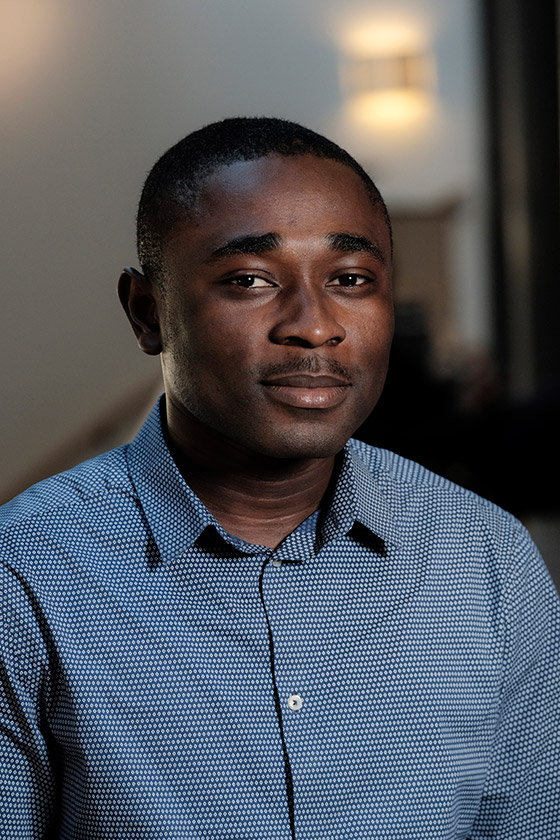Lecture by Prince Young Aboagye
Long-Term Trends in Income Inequality: Winners and Losers of Economic Change in Ghana, 1891-1960
- 9 March
- 15.30 hrs
- online via Zoom:
https://knaw-nl.zoom.us/j/94932751047?pwd=cnlDb0tWUG5NMzBRNEplVlRiYW8zUT09
Meeting ID: 949 3275 1047
Passcode: 376863
Abstract: This paper contributes to a growing literature on long-term trends and drivers of pre-industrial inequality by constructing social tables and calculating inequality for seven consecutive decades from 1891-1960 for Ghana. We find that inequality as measured by the Gini coefficient was relatively high prior to the major economic change in Ghana between 1891 and 1960: the adoption and spread of cocoa cultivation. Inequality remained fairly stable in the decades that followed until it declined during the years of the global Great Depression in the early 1930s. In the closing decades of the colonial era, income inequality increased reaching a high of 0.50 in 1960. Increasing production before the 1930s, with rising cocoa incomes, and rapidly increasing incomes earned by government employees, skilled and commercial workers, account for the trend we observe.
Bio: Prince Young Aboagye is a postdoctoral fellow at the Lund University in Sweden. In his dissertation 'Inequality and Uneven Development in Ghana', he investigated the extent and evolution of income and educational inequality, as well as governments’ tax and expenditure policies and their implications for inequality in Ghana over the long-term.
His primary research interests are in economic development, political economy of development and African economic history. His research centers on understanding the historical roots of inequality by investigating long-term trends and drivers of national and regional income inequality for colonial and post-colonial Ghana. He focuses on the income distribution effects of cash cropping, regional and gender disparities in education, differential access to land and credit, and fiscal policies.
IISH Seminar: This lecture is part of the monthly IISH Seminar series. This seminar is open to the public online only.



